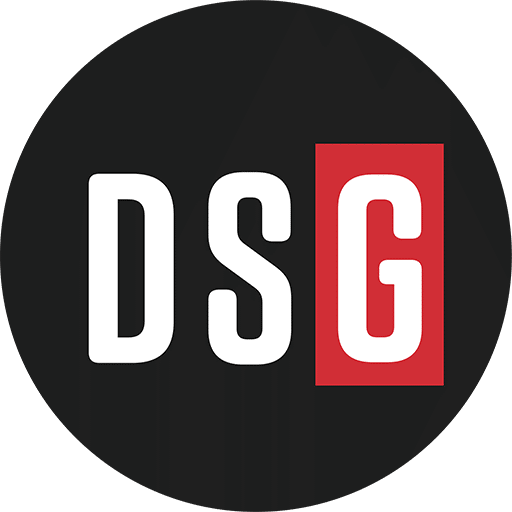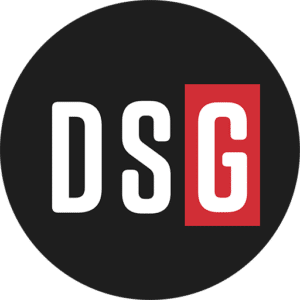QXO Inc. has completed its $11 billion acquisition of Beacon Roofing Supply, in a transaction that Wall Street analysts say could fundamentally change the competitive landscape of building materials distribution.
Beacon shareholders received $124.35 per share in an all-cash deal. Following the closing, Beacon’s stock was delisted from the Nasdaq Global Select Market, and Beacon now operates as a wholly owned subsidiary of QXO. To mark the milestone, QXO will ring the opening bell at the New York Stock Exchange on April 30.
“Acquiring Beacon is a major step forward in our strategy to make QXO the leading tech-enabled company in the $800 billion building products distribution industry,” said Brad Jacobs, chairman and chief executive officer of QXO, in a statement. “We’re excited to welcome Beacon’s talented team and, together, apply our proven playbook to accelerate growth, expand margins, and create an unmatched customer experience.”
Wall Street Sees Broader Implications for Distributors
Wall Street analysts were quick to call the deal a transformative moment for the sector.
In a research note, Stephen Volkmann, managing director at Jefferies, said the acquisition positions QXO to “fundamentally reshape building products distribution” in much the same way Jacobs’ earlier ventures disrupted logistics and equipment rental markets.
“Brad Jacobs is a proven value creator, and QXO’s strategy is clear: digitize a fragmented sector, aggressively scale, and improve operating margins,” Volkmann wrote. “Beacon’s footprint combined with QXO’s technology-first playbook creates a competitive threat that traditional distributors will find difficult to match without major investment.”
Jefferies said it expects the deal to accelerate a wave of digital and logistics modernization across the industry, forcing competitors such as ABC Supply, SRS Distribution, and Builders FirstSource to respond more aggressively.

Meanwhile, Deane Dray, managing director at RBC Capital Markets, emphasized that the transaction reflects the broader trend of tech-driven transformation across industrial sectors.
“Distribution businesses that were once viewed as relatively insulated are now squarely in the crosshairs of tech-enabled platforms,” Dray said in a note. “QXO’s vision for predictive analytics, real-time supply chain visibility, dynamic pricing, and AI-powered sales will upend traditional sales models based on local relationships and manual processes.”
RBC also noted that QXO’s growth target of $50 billion in revenue over the next decade underscores the scale of ambition behind the move.
Concerns About Execution Risk
Despite the optimism, some analysts warned that QXO faces significant integration risks.
In a client report, Seth Weber, equity research analyst at Wells Fargo Securities, said that while QXO’s growth opportunity is “substantial,” realizing full value from Beacon will require overcoming cultural and operational hurdles.
“The building products sector is deeply local and relationship-driven,” Weber wrote. “Scaling a tech-first model while preserving local market share, service levels, and contractor loyalty will be a delicate balancing act. There is no guarantee customers will embrace digital transformation at the same pace Jacobs envisions.”
Still, Wells Fargo maintained a positive view on QXO’s prospects, noting that Jacobs’ leadership history provides “a high degree of confidence” in the company’s ability to deliver long-term shareholder value.
Private Equity and Debt Market Response
As part of the acquisition financing, QXO closed an $830 million private equity placement and priced a $2.25 billion Senior Secured Notes offering through its subsidiary, Queen MergerCo, Inc. The debt deal was upsized from an original $2 billion target due to strong investor demand.
Brian Essex, senior equity analyst at J.P. Morgan, said the financing success reflects “considerable confidence among institutional investors in Jacobs’ ability to execute his post-acquisition strategy.”
“Investors are giving QXO the benefit of the doubt,” Essex said. “Jacobs’ past record of scaling businesses through disciplined acquisition, cost management, and technology investment speaks for itself.”
The Road Ahead
Analysts agreed that QXO’s acquisition of Beacon marks the beginning—not the culmination—of a broader expansion plan.
“We expect QXO to continue pursuing strategic acquisitions that complement Beacon’s footprint while investing heavily in building out a best-in-class technology infrastructure,” said Dray of RBC. “This is not a one-off deal; it’s a platform strategy that could change the competitive dynamics across distribution for years to come.”
For the rest of the distribution industry, the message from Wall Street is clear: technology is no longer optional, it is an existential requirement.


